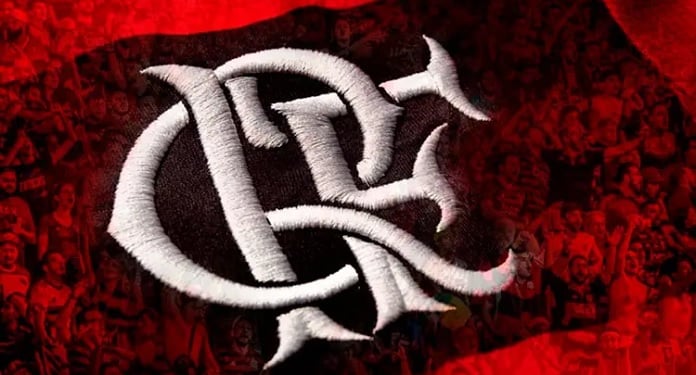Last Tuesday, the 11th, directors of the main football clubs in Rio de Janeiro and São Paulo participated in a meeting with representatives of the Ministry of Finance. On that occasion, the clubs were against the request of the Brazilian Football Confederation (CBF) to grab a slice of the resources from the sports betting activity in Brazil, a practice that should be regulated and taxed soon by the government.
The information was provided by journalist Diogo Dantas, from the newspaper O Globo, and was replicated in Mundo Rubro-Negro. Recently, the sports associations released a joint note asking to participate in the debates. The highest football entity in the country wants changes to the text of Law 13,756 of 2018.
According to the norm, national sports organizations that transfer their brands to bookmakers will be entitled to 1.63% of the net income obtained by betting lotteries. The CBF, in turn, requested that its share be increased to 4% on top of gross revenue. According to Dantas, the CBF declared to the government that it represents Brazilian football, something that generated discontent among the directors.
Flamengo leader supports taxation of sports betting
Recently, Flamengo’s general and legal vice-president, Rodrigo Dunshee, spoke about the taxation of sports betting. On social networks, the leader stated that he supports taxation on bookmakers, but that the debate needs to be broad.
“This week it became clear that the clubs want to participate in the process that will regulate sports betting in Brazil. Gambling can only work in the country if the government regulates it. But that is not enough, in our view. Bets are placed on our sporting events, our brands, symbols, images, etc are used… in addition, it is our activity that is subject to harmful collateral risks”.
“It has to be worth it for the clubs, otherwise we can come to the conclusion that it doesn’t matter. It scares me a little to hear some people saying that the government could cannibalize clubs’ brands against their will, giving it away for free to betting companies. It’s 2023, that doesn’t exist anymore. Today it’s win-win and we’re sure we’ll reach a good conclusion”, concluded Rodrigo Dunshee.





















































